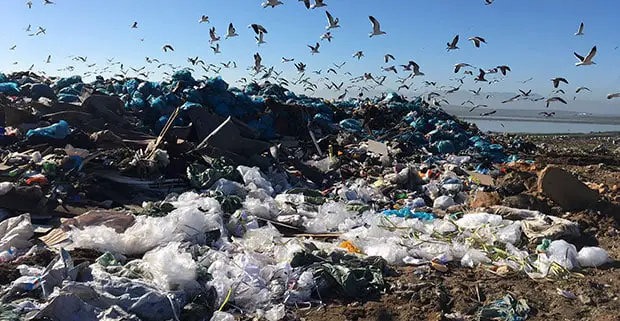Greening your Tourism Business
The tourism industry is often subjected to fads and fashions, and businesses struggle to keep up with these rapidly changing requirements – often for naught, because customers quickly move on to the next craze. But environmental friendliness is a trend that is here to stay. People around the world have become very aware of environmental issues in the past decade, and many are looking for ways to reduce their impact on the planet and to live a more sustainable, responsible lifestyle, writes Get Smarter.
They also extend this thinking to their holidays. Eco-conscious tourists seek out destinations and businesses that have “green” practices in place, and even those who are not actively interested in the topic will prefer a sustainable establishment over one that is not. So, going green can have a direct impact on your bottom line, not to mention your reputation as a forward-thinking and responsible business.
Greening a business means putting policies in place that ensure efficient, reduced use of resources (like water, electricity and fuel), sustainable practices, community development, environmental protection and awareness. It is a multifaceted discipline that involves everything from building energy-efficient structures to switching off lights and reducing the frequency that laundry is done.
Many business owners are under the misconception that becoming environmentally friendly incurs many costs and is inconvenient – but a clever greening strategy will result in the opposite effect. Lower resource costs, sourcing local supplies and becoming resource-independent are just some of the benefits.
Here are some green practices you can put in place quickly and cheaply:
Reduce your reliance on electricity-guzzling air conditioning by erecting shade netting over windows, adding shutters or planting trees near buildings – these will reduce the heat that comes in.
Reduce, reuse, recycle. Reduce the amount of packaging and disposable products you use (don’t print out digital documents, for example), reuse containers and materials (empty jars make great flower vases, herb pots or stationery organisers), and recycle materials that are more energy intensive to manufacture from scratch (glass, wtin and plastic are good candidates).
Rethink the way you use transport. If your establishment offers guests transported tours by car, consider whether those could be conducted on foot or bicycle. Your guests may even appreciate being “closer to the ground” and more in touch with their surroundings.
Source locally instead of purchasing imported goods. Make the most of the products and services available in the area – this not only results in fresher produce, but also makes your offering more customised and local. Tourists these days appreciate more unique, cultural and local experiences, so this can even become a strong marketing point.
Be water wise. South Africa is largely a dry climate and water is a scarce resource. Plant indigenous flora on your grounds, catch rainwater for watering and cleaning, install water-saving shower, toilet and tap attachments, and avoid drinking water in plastic bottles – it’s costly and environmentally unfriendly. Rather provide jugs of fresh water with a slice of cucumber or lemon as a refreshment to guests.
Cut down on excess services. Guests don’t change their sheets and towels every day at home, so they don’t need to have these replaced every day. Offer this as an extra service rather than as a basic feature, and explain your reasoning – guests will understand and appreciate that they can make a simple contribution like this.
Educate your staff and guests about responsible and sustainable practices. Provide a leaflet to guests about some ways they can help protect the local environment – they will appreciate the information and your initiative.
The part-time University of Cape Town Tourism Management short course is presented online throughout South Africa. Contact +27 (0)21 447 7565 or visit www.getsmarter.co.za





